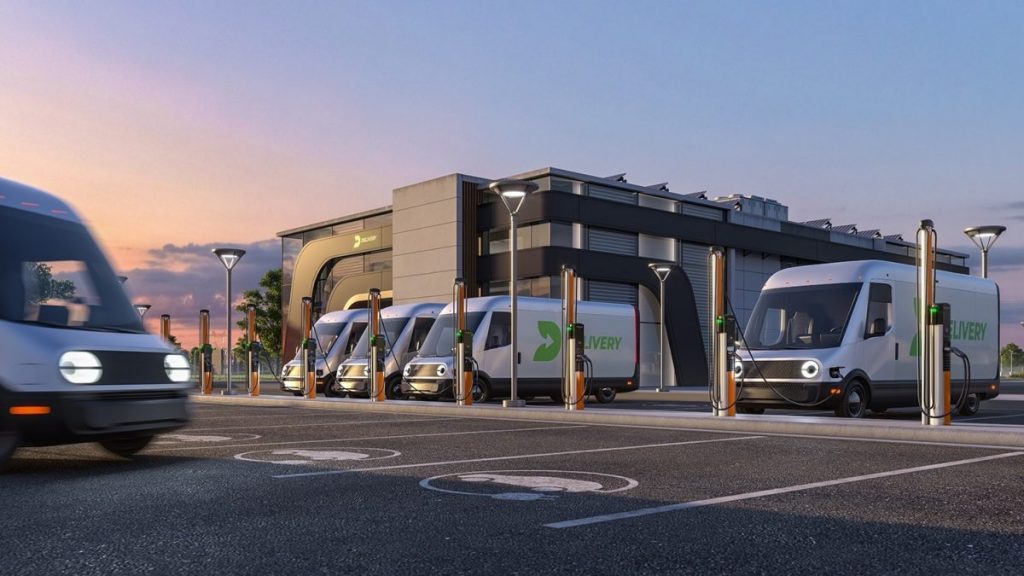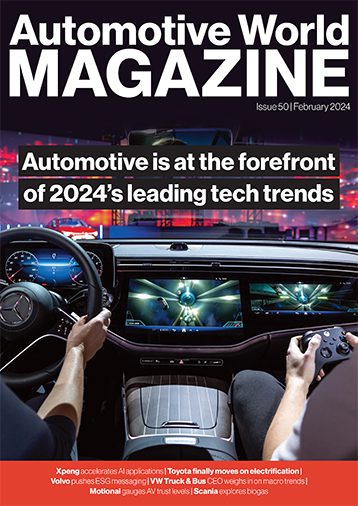Now that there is global alignment on moving away from fossil fuels, it’s important to consider what this will look like in 2024 and how it will affect various sectors and industries. Fortunately, businesses and governments are increasingly acknowledging they must accelerate the use of more sustainable and clean energies, which will have a direct impact on the electric vehicle (EV) sector.
Naturally, we must consider that the transition away from fossil fuels may occur more slowly in certain countries that rely heavily on them for economic reasons. One reason that it may have taken so long to come to an agreement is that sustainability is not often seen as something that can go hand-in-hand with economic growth, and many countries may find it more challenging to eliminate their main exports in efforts to ‘go green’. That being said, with the right support, sustainability pledges and economic growth can co-exist, and if businesses and governments play their part, it can help reduce the overall carbon footprint in the move toward net zero.

Ultimately, international alignment has always been key to taking a proactive step toward moving away from fossil fuels, at whatever speed is suitable. Successfully making this transition is one of the major milestones in achieving net zero. However, it’s important to consider that there’s a huge grey area between ‘moving away from’ and ‘phasing out’ fossil fuels. ‘Moving away from’ could mean reducing the use of fossil fuels by 1%, whereas ‘phasing out’ could mean completely eliminating their use. As such, governments should be supporting organisations in their transition in the form of funding, for example, by subsidising more sustainable infrastructure and providing opportunities for funding in greener sectors, like EVs.
Businesses, in turn, should be considering how they can navigate obstructions in transitioning their business fleets from fuel to EV, for instance. If several businesses made this type of commitment, they would be significantly advancing their country’s progress in phasing out fossil fuels entirely, by slowing down the demand for fuel vehicles, increasing the demand for accessible charging infrastructure but also giving themselves a competitive advantage by being able to deliver products and services with reduced or zero carbon. Ultimately, this would signal to the government that more funding is needed throughout the EV sector as businesses get behind the country’s commitment to net zero.
With the right support, sustainability pledges and economic growth can co-exist
What the world needed all along was a clear commitment from its leaders on the route to net zero, without the potential for u-turns, which was achieved at last year’s COP28 conference. The pledge set out a clear commitment from international leaders to make significantly reduced carbon consumption a reality for the transport industry in the near future. This year, we now hope to see more of a shift toward EV for individuals and business fleets.
The opinions expressed here are those of the author and do not necessarily reflect the positions of Automotive World Ltd.
Ashley Tate is Managing Director at Allstar Chargepass
The Automotive World Comment column is open to automotive industry decision makers and influencers. If you would like to contribute a Comment article, please contact editorial@automotiveworld.com



